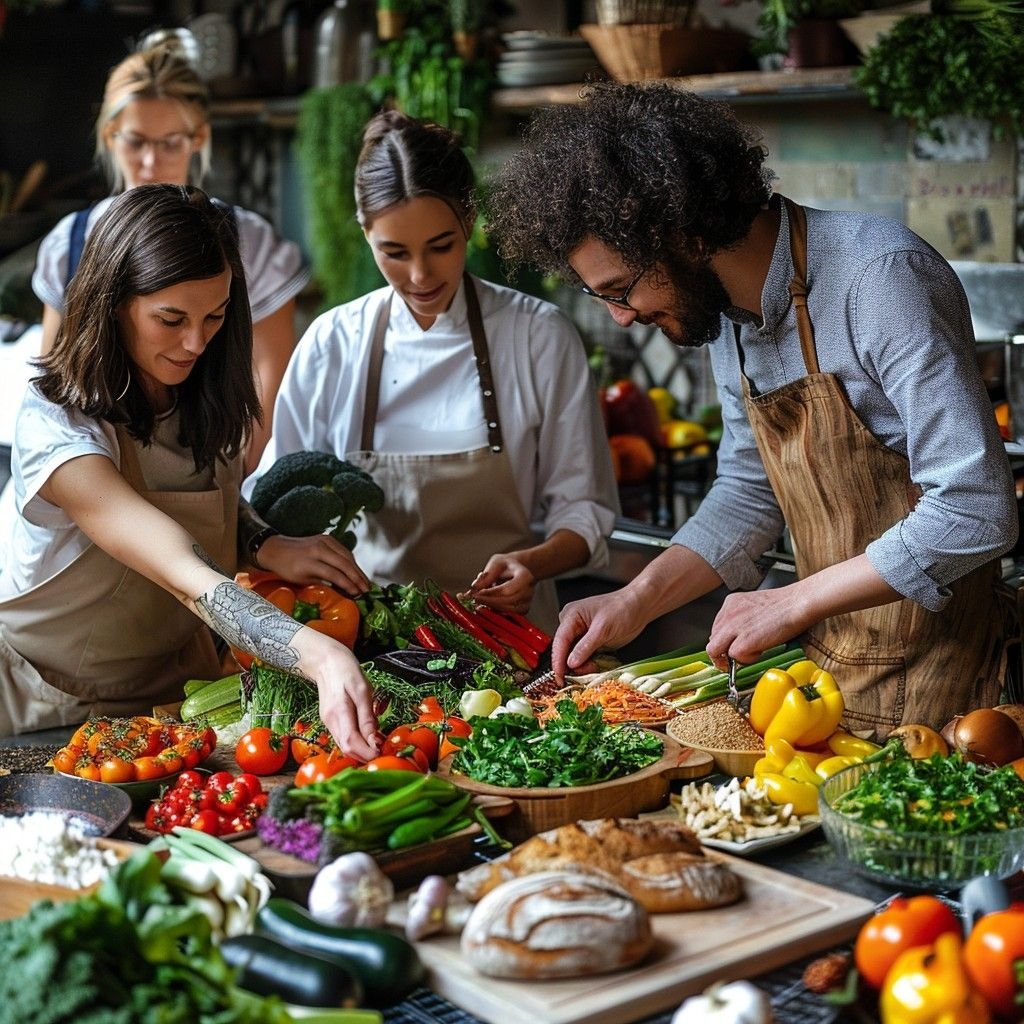When most men think about moving abroad, the first concerns are usually visas, real estate, or dating. But there’s an underrated element that quietly determines how quickly you adapt to a new country: the kitchen.
Your kitchen isn’t just a place to cook,it’s where culture, identity, and belonging come alive. If you’re building a new life abroad, the way you eat and the food you prepare will be one of the strongest connections between your old world and your new one.
Why the Kitchen Matters When You Move Abroad
In the West, especially in urban settings, the kitchen is shrinking,delivery apps and processed meals dominate. Abroad, however, the kitchen often remains the center of the home. In countries like Italy, Mexico, or Ghana, cooking is not just about food,it’s about tradition, hospitality, and family.
- Social Anchor: Cooking for friends or neighbors can open doors faster than speaking the language.
- Identity Preservation: A pot of jollof, gumbo, or curry in a foreign land grounds you when everything else feels unfamiliar.
- Integration Tool: Learning local recipes lets you taste the culture, not just observe it.
- Stocking a Kitchen Abroad: Two Approaches
When you set up a home abroad, your kitchen will reflect the balance between preserving your roots and embracing your host country.
1. Preserve Your Roots
Bring or source ingredients that remind you of home. Even if local substitutes exist, certain spices, sauces, or grains carry emotional weight. A Nigerian man in Portugal might still import palm oil; an American in Thailand might cling to his favorite hot sauce.
2. Embrace the Local Market
Every culture has a story told through its markets. The act of walking through a bazaar in Istanbul, a wet market in Manila, or a street stall in Oaxaca introduces you to the rhythms of daily life. Shopping locally ensures freshness, affordability, and cultural immersion.
A good rule of thumb: keep your roots 30%, embrace your host culture 70%.
Cooking as a Language
You don’t need to be fluent in Spanish, Turkish, or Tagalog to connect. Cooking is often a non-verbal exchange.
- Learn from locals by observing and asking simple questions.
- Invite neighbors over for a meal,sharing food creates instant community.
- Offer to teach your favorite dish. You’ll be surprised at how many people are curious about your cuisine.
- In many cultures, being able to cook their food earns you respect in ways money or charm can’t.
The Kitchen as Cultural Diplomacy
Western men abroad often underestimate how much of their integration depends not on where they live, but on how they live. You can rent a luxury apartment, but if you never cook, you remain an outsider.
The kitchen is a quiet form of diplomacy. It shows effort, humility, and curiosity. When you cook with local ingredients or learn traditional recipes, you’re signaling: I value this place enough to taste it from the inside.
Practical Tips for Setting Up Your Kitchen Abroad
- Invest in Good Basics: Knives, cutting board, pots, and pans. Don’t skimp on quality,it pays off.
- Learn the Local Staples: Rice in Asia, maize in Latin America, bread in Europe,these are daily anchors.
- Preserve a “Home Shelf”: A small space in your pantry for spices or sauces from home, for when nostalgia hits.
- Cook Weekly Experiments: Pick one local dish each week to master. Over time, your cooking repertoire becomes a cultural education.
Closing Thought: Home Is Built, Not Bought
A house abroad has just four walls. A home abroad is what happens inside those walls. And more than the couch, the Wi-Fi, or the view from the balcony, it’s the kitchen that makes you feel like you belong.
Every meal you cook is a bridge, between who you were, and who you’re becoming. Between your roots, and the soil you’ve chosen to grow in. Culture starts in the kitchen. If you master that, the rest of your life abroad becomes easier.













